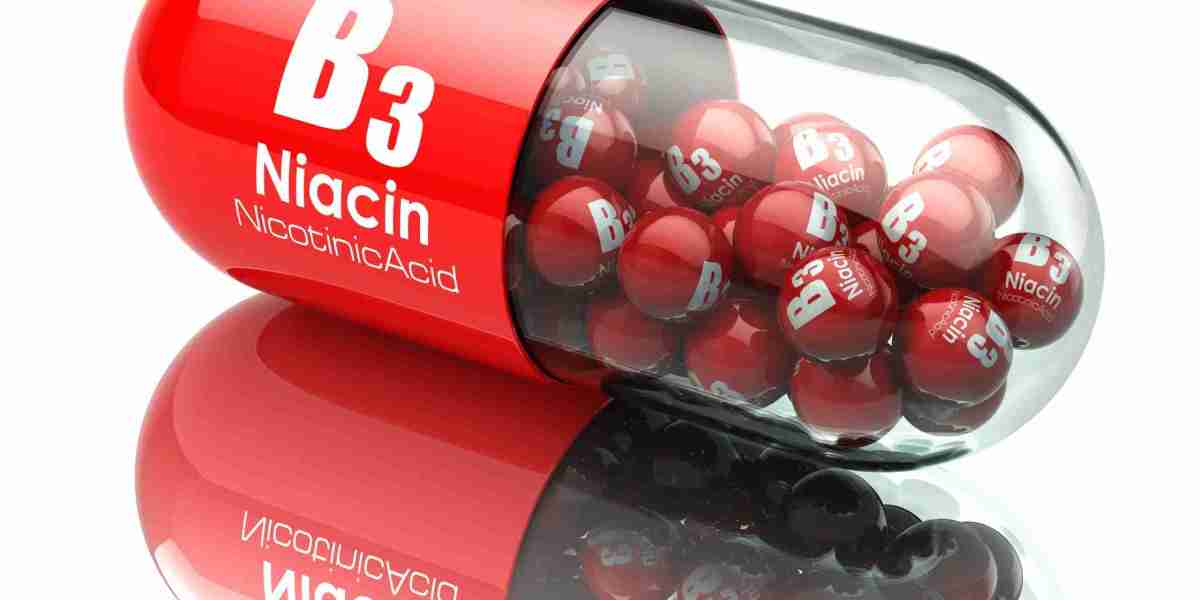Traditional Brigadeiros Brazilian Fudge Balls | #recheio para bolo brigadeiro gourmet
আবিষ্কার করুন পোস্টআমাদের আবিষ্কার পৃষ্ঠায় চিত্তাকর্ষক বিষয়বস্তু এবং বিভিন্ন দৃষ্টিকোণ অন্বেষণ করুন। নতুন ধারনা উন্মোচন করুন এবং অর্থপূর্ণ কথোপকথনে নিযুক্ত হন
Teste: Fiat Strada 2024 chama a atenção no visual exclusivo e no motor turbo de 130 cv Diário da manhã | #comprar carros usados
Receta fácil brigadeiros de chocolate y coco | #recheio para bolo brigadeiro gourmet
Brigadeiros Tradicionales Brasileños | #recheio para bolo brigadeiro gourmet
Cómo hacer una infusión de ruda y cuáles son los beneficios que aporta a tu salud | #para que es el te de romero
Vitamina B12: estos son los síntomas que indican que necesitas tomar más | #para que es el te de romero
3 formas de tomar café en verano según un barista profesional | #receita de brigadeiro gourmet de leite ninho
Tarta de berenjena y guisantes con masa de arroz, una receta sin gluten para un almuerzo diferente | #receita de brigadeiro gourmet de leite ninho



